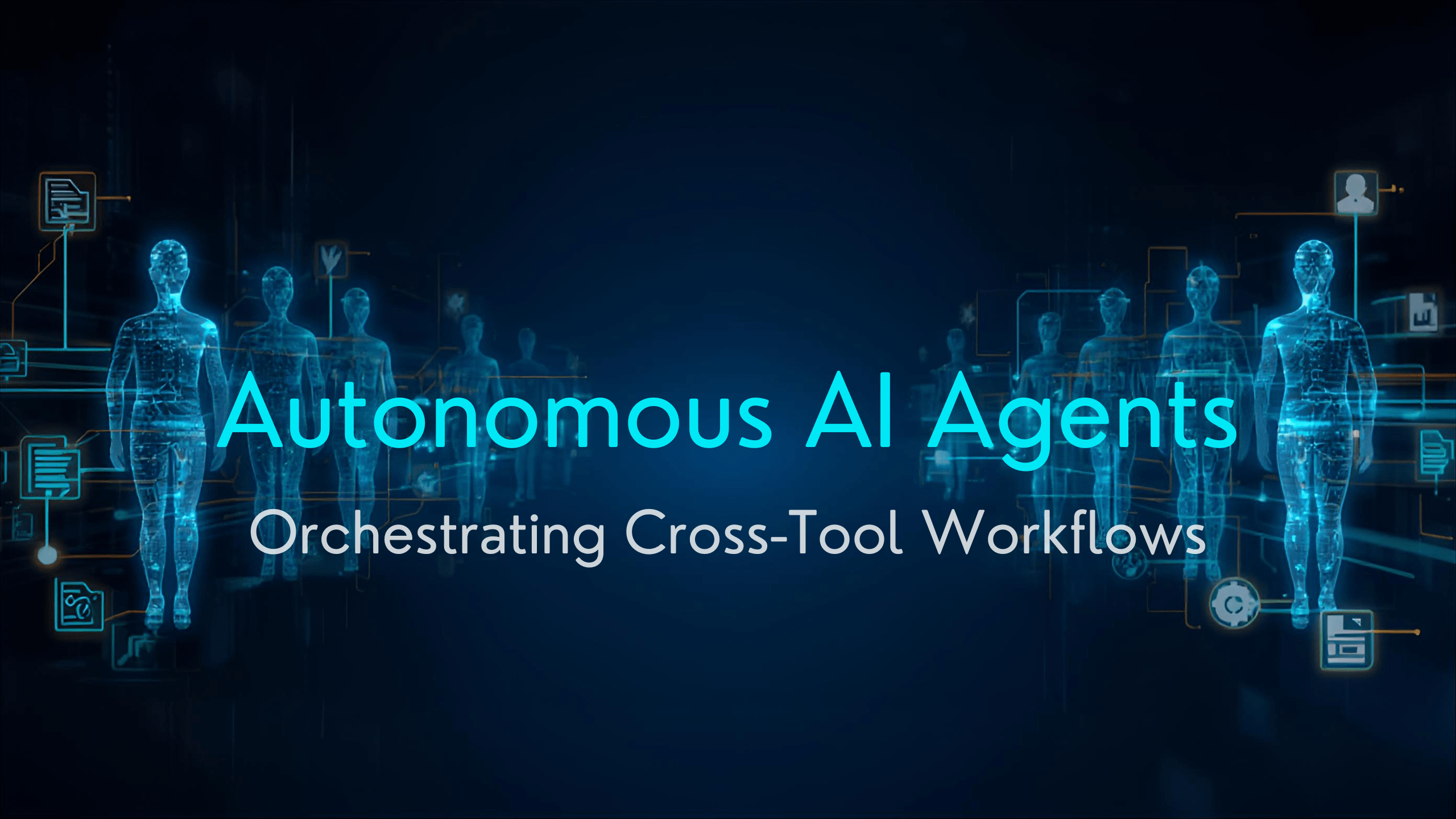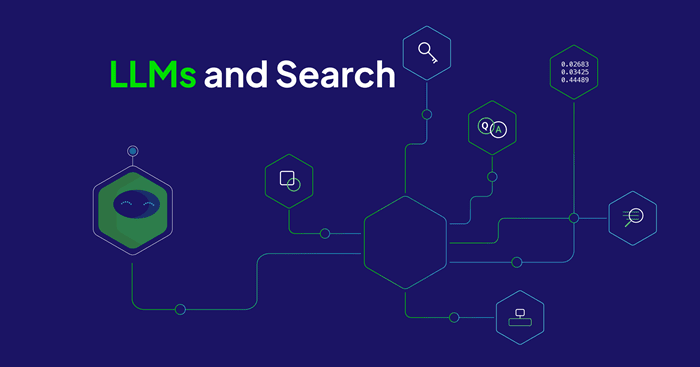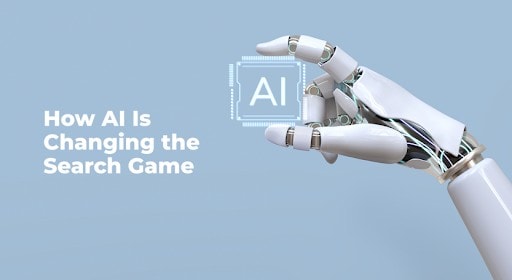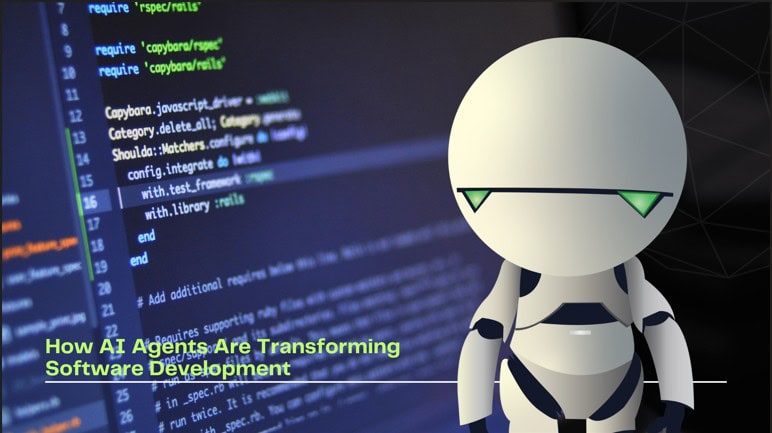The world of software development is undergoing a rapid transformation, and at the very front line are AI code-generation tools. Advanced systems of this nature use artificial intelligence to automatically execute coding tasks in ways that reshape how developers go about problem-solving, project timelines, and productivity.
The adoption of AI code generation tools goes from small startups to huge enterprises, making new developers on the block reshape the future of software development.
In this article, we will see how AI code generation tools drive innovation, the potential impact on development workflows, and the trends that shape their future in the industry.
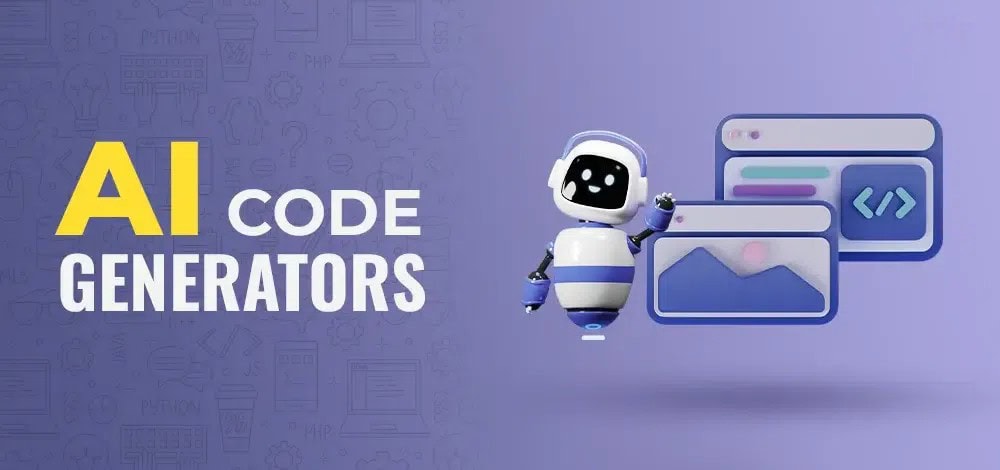
What Are AI Code Generation Tools?
AI code generation is a tool that uses active machine learning models to analyze, generate, and optimize code. These applications help developers generate boilerplate code, spot bugs, suggest optimizations, and automate some testing processes. Platforms such as Zencoder make complex coding tasks easier and faster, as it bring AI closer to the tools needed.
None of these tools replaces the developers but rather complements them, freeing their concentration so that they can focus on higher strategic and more creative areas in software development.
You can also read: The Best Tools for PPC Agencies Must Use in 2025
The Current Role of AI Code Generators in Development
AI code generation tools are currently making a mark in several respects in development, including:
-
Automating Repetitive Tasks
Developers invest a lot of time in writing repetitive code, such as setting up APIs or database schemas. AI tools smoothen this by automating such tasks and reducing development time by up to 30%.
-
Improving Code Quality
AI tools maintain coding standards and best practices and therefore tend to write cleaner, maintainable code. Inefficiencies can be detected, and suggestions for optimizations are proposed, which will help developers create workable yet scalable code.
-
Turbocharge Debugging and Testing
Platforms like Zencoder implement intelligent debugging, identifying possible errors and giving real-time solutions. Similarly, AI-driven testing automatically generates test cases, thus providing better test coverage with the least human intervention.
-
Empower Non-Technical Stakeholders
With NLP, AI code generators can actually take in plain-language inputs and produce working code. This really opens a whole lot of avenues for non-designers to contribute effectively to development projects.
Benefits of AI Code Generation Tools
- Speeding Up Development Cycles: AI tools reduce time-to-market significantly while automating routine tasks and providing functional prototypes.
- Cost Efficiency: It saves labor costs for an organization by automating certain sections of the development cycle and freeing up the resources of teams to innovate.
- Reducing Human Error: AI tools reduce the chances of bugs and errors since code patterns are continuously analyzed, with suggestions provided for immediate corrections.
- Enhancing Innovation: Let AI handle the regular routines and free more time for innovation in exploring newer ideas, frameworks, and solutions.
The Future of AI Code Generation Tool
As times of technological advancement have reached a completely new level these days, a set integration between this and software is getting deeper for all reasons. Now, let us discuss some factors that will contribute to it:
- Personalization: AI tools adapt to personal and peculiar workflows and coding behaviors.
- Deeper Collaboration Features: Future tools will integrate even more with team collaboration platforms, including automated knowledge sharing, context suggestions during discussions within teams, and seamless tracking of tasks.
- Better Multi-Language Support: While the current class of tools does really well in popular languages like Python, JavaScript, and Java, future tools will do more in other niche and domain-specific languages.
- Real-time Predictive Analytics: AI tools will predict potential challenges, including bottlenecks or deployment issues, and recommend proactive solutions.
- Ethical and Transparent AI: Developers and organizations are going to start asking for AI systems that are explainable, unbiased, and follow all ethical guidelines.
Challenges to Overcome
While AI code generation tools hold immense promise, they also face challenges:
- Learning Curve: Developers may need time to adapt to these new tools.
- Integration Complexity: Seamlessly incorporating AI tools into existing workflows can be a hurdle.
- Data Privacy: Ensuring the security of sensitive codebases is critical when using AI-driven tools.
- Over-Reliance on AI: Developers must maintain their core skills and not become overly dependent on automated solutions.
Case Study: AI in Action
A mid-sized fintech company implemented Zencoder into its development workflow to accelerate the creation of a cross-platform application. Over six months:
- Development time was reduced by 40%.
- Bug occurrences dropped by 25% due to AI-assisted debugging.
- The team delivered two additional features ahead of schedule, improving customer satisfaction.
This example highlights how AI coding tools can make a measurable impact on productivity and output quality.
You can also read: Best Tools for Google’s Interaction to Next Paint (INP) Metric
The Role of AI Code Generators in the Workforce
As AI tools take over routine coding tasks, the role of developers is evolving:
- Creative Problem-Solving: Developers can focus on complex, high-value problems that require human intuition and creativity.
- Enhanced Collaboration: With automated documentation and real-time suggestions, developers can work more effectively with designers, testers, and stakeholders.
- Upskilling Opportunities: AI tools push developers to learn new technologies and methodologies, fostering continuous growth.
Conclusion
AI code generation tools represent something beyond ordinary technological advancement; they represent a paradigm change in the concept of software development. Performing routine tasks quickly, boosting collaboration, and thus allowing developers and organizations to deliver at unprecedented levels of efficiency and innovation.
This includes platforms like Zencoder, which is making a change by offering intuitive solutions to the modern development world. And as they keep outgrowing themselves, that future is promising where the developer actually does something cool and of value while the heavy lifting is done by AI. Companies should look to integrate AI in development not as an option but as the need for survival in this ever-changing technological environment.
![]()







